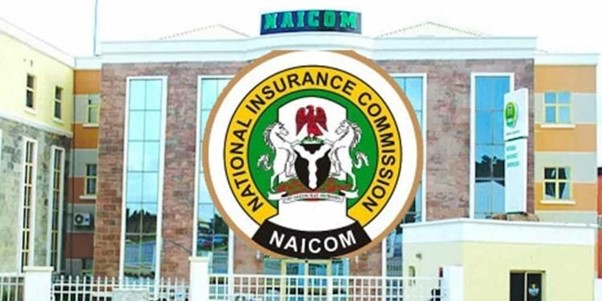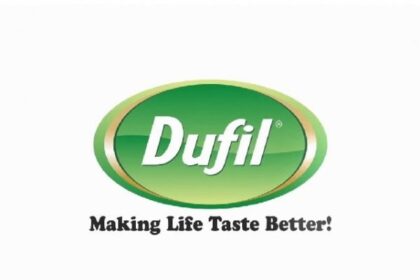The National Insurance Commission, the Federal Road Safety Corps and the National Health Insurance Authority have entered into agreements to enforce motor insurance and others under the new Nigerian Insurance Industry Reform Act 2025.
NAICOM, in a statement on Thursday, said that the agreements were arrived at during a meeting at the NAICOM Headquarters in Abuja, where the three agencies outlined concrete steps to integrate data systems, launch public awareness campaigns, and jointly enforce compliance with compulsory motor insurance requirements across the country.
According to the resolutions reached, the first major step will be the integration of data-sharing systems between NAICOM and FRSC to enable real-time verification of vehicle insurance status. This, officials said, will help eliminate fake motor insurance policies and ensure a swift response to road incidents involving insured motorists.
Secondly, the agencies agreed to embark on a joint awareness campaign to educate the public on the benefits of genuine motor insurance and the broader link between insurance coverage and road safety.
The meeting also endorsed the creation of a joint enforcement committee, tasked with ensuring strict compliance with motor insurance laws and addressing cases of fraud or fake documentation. Additionally, FRSC will include valid insurance verification as part of its nationwide enforcement and licensing operations.
FRSC Corps Marshal Shehu Muhammed emphasised the importance of “enhanced data exchange between NAICOM and FRSC to develop a robust system for quick response to road accidents and compensation.”
The Corps Marshal also stressed the importance of digitising the process for prompt emergency response and eliminating fake motor insurance policies.
In his remarks, the Commissioner for Insurance, Mr. Olusegun Omosehin, reaffirmed NAICOM’s commitment to working closely with the FRSC and NHIA to protect motorists and accident victims.
Omosehin said that “NIIRA 2025 has strengthened the compulsory third-party motor insurance policy and established a fund for compensating road accident victims, which will be administered by a committee that includes FRSC representation.”
The NHIA’s representative, Mr. Ajodi Nasir, highlighted the health dimension of the partnership, noting that the collaboration would ensure faster and better medical treatment for accident victims.
Nasir affirmed that the synergy will culminate in a robust system that not only safeguards roads but also ensures prompt and quality medical treatment for accident victims, thereby reducing the morbidity and mortality associated with road crashes.
Eze explained, “By enforcing transparency and accountability, the FCCPC is ensuring that lending practices not only protect consumers but also empower local businesses.”
The group urged telecommunications companies to align their operations with the new rules, insisting that “the inclusion of Nigerian-owned intermediaries in lending partnerships will ensure that value remains within the country.”
“Stakeholders must collaborate in building a fair financial system that meets the needs of all Nigerians,” the coalition stated.
The CEF maintained that as the digital lending market expands rapidly, compliance with the FCCPC’s regulations is vital to safeguard consumer rights and promote sustainable economic growth.
“Innovation in the financial sector should not come at the expense of the rights and protections of the consumer,” the coalition reiterated.
The group reaffirmed its commitment to continue advocating for consumer protection and fair market practices within Nigeria’s evolving digital economy.







